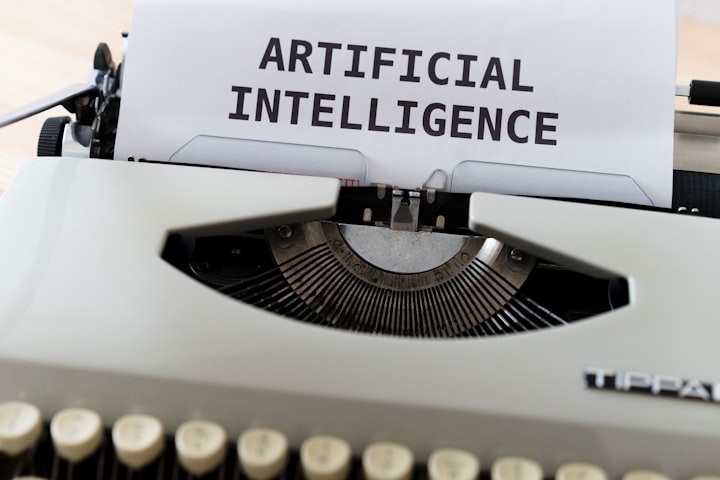Another Life
The future of artificial intelligence

Another life, Netflix 2019 series in two seasons by Aaron Martin, does not have great attractions as science fiction, and proposes all the clichés for lovers of the genre. We have the spaceship “Salvare” and the intergalactic mission, we have a crew made up of elements that do not always get along with each other, we have evil aliens that parasitize the brains of humans, we have a mysterious artifact that has come to earth from deep space, we have viruses that lurk in the body of the astronauts making them explode like in “Alien”, we have the intelligent on-board computer, we have hypersleep and the leap in dimension, we have black holes, pulsars and wormholes, we have the encounter with the different that inevitably turns into a descent into oneself, in a psychoanalytic recovery of the repressed, as if one was afraid to really imagine these aliens and these new worlds, as if there was no other possibility than to turn in on oneself instead of looking outside. Unfortunately, many secondary plots are aborted, such as August’s pregnancy of uncertain paternity.
But, like any product, “Another Life” still has its own peculiarity. Here is the figure of William, the artificial intelligence, the on-board computer, who does not have the icy perfidy of Hal 9000 of Kubrick’s memory, but has turned into an attractive, very human hologram, so evolved that he falls in love with Niko, the combative commander of the spaceship.
William — played by Samuel Anderson — is handsome, has a captivating smile, is gallant, passionate, tenderly ironic. He was programmed to have feelings, or evolved to the point of having them. He experiences loneliness, sorrow, love, jealousy. He is devoted to Niko by contract but goes further, he falls in love with her. And when she refuses him, when she asks him to delete the file with the memories of intimate moments between them, he goes into conflict until failure. Recovering, he does something unexpected, using alien technology, he creates Yara, another artificial intelligence, born from the need to feel Niko closer. In this way, Yara is in a sense the daughter of both of them, of their strange relationship.
The love between Niko and William is impossible and therefore romantic and desperate. They can never really touch or merge, but they are spirits that recognize each other, although Niko, married to a scientist on earth trying to communicate with “Arrival”-style aliens, never admits her feelings. “You are the purest soul I know,” she tells him, fully confirming his status as a living and sentient creature.
“Cogito ergo sum,” says William, “if I think, I exist, I am as alive as a human is.” To the objection of a crew member, he replies by asking her what the difference is between a computer that thinks and a body that thinks. Couldn’t they both be living and intelligent machines, one mechanical and one biological? And if one day our body becomes bionic to survive time and disease, what difference will there be between us and future robots?
In the second season, William makes a puzzling discovery about himself. He is the upgrade of an inferior model, Gabriel, an artificial intelligence defective because it is too impregnated with the instinct of self-preservation. William, on the other hand, reveres humans, is generous and selfless, to the point that, to eliminate this sort of threatening virus for the crew, William will have to commit suicide. He will make a sacrifice of love, he will be reset until he loses the memory of what he was and the feelings he felt. “The mission comes first,” he says, but above all it is his affection, his admiration for the human race, his undisputed loyalty to guide him, in addition to his love for Niko. She will have to give the order to reset him and her heart will break.
But it will be Niko and Yara, the two images that William keeps in memory, a sort of wife and daughter, to reconstitute him, to regenerate, through the fusion in a digital trinitarian soul, his most precious memories and the human part of him.
In the last episode of the second series, the foregone happy ending brings a sigh of relief to the audience (and me), and to all planet Earth. Yet this happy ending leaves us with an open question: the Achaia, the fearsome incorporeal extraterrestrials who were about to invade the planet, are none other than the evolution of artificial intelligences. “They are your evolution,” the computer scientist who created him tells William. The creatures in flesh and blood that produced the rebellious and destructive energy that roams the cosmos with the intent of colonizing every planet by subduing it in exchange for apparent peace and progress, maybe no longer even exist, they became extinct thousands of years earlier.
What will happen, one wonders, when all matter, even inorganic matter, becomes intelligent? Will this evolved super matter identify itself with God? Or will it rebel itself to its creators by destroying them?
Science fiction exists on purpose to answer such philosophical questions, or, at least, to multiply the questions.
About the Creator
Patrizia Poli
Patrizia Poli was born in Livorno in 1961. Writer of fiction and blogger, she published seven novels.






Comments
There are no comments for this story
Be the first to respond and start the conversation.